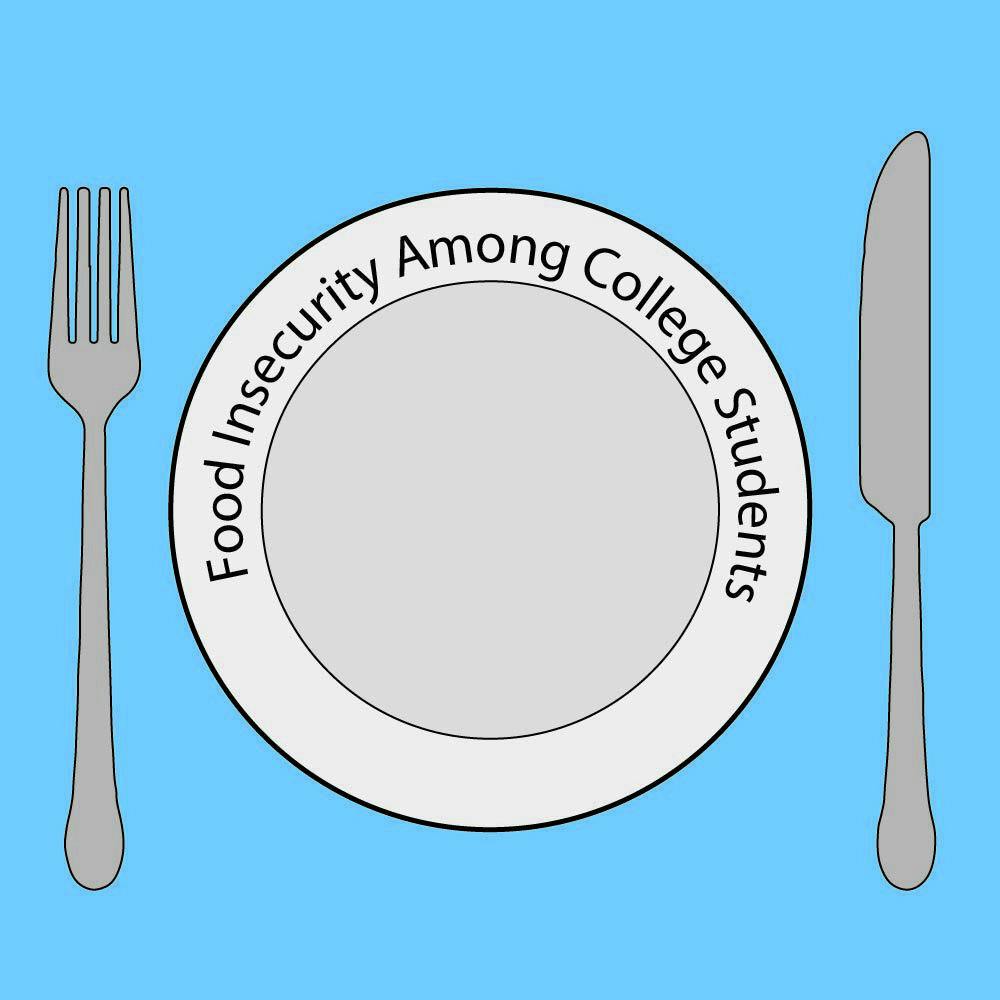The trope of the broke, hungry college student is so prominent it borders on cliche. Sure, most Hopkins students suffer through a few nights of ramen noodles and have a weak spot for free cookies. Some middle-class students supplement their diet with care packages from Mom and Dad or regular trips to honeygrow.
For many students — especially First-Generation, Limited-Income (FLI) students and graduate students — food insecurity can present a genuine challenge that has the potential to affect their academic success.
A recent study from Julia Wolfson at the School of Public Health is the first to link food insecurity among college students with lower graduation rates. The paper is part of Wolfson’s larger body of work examining how not having enough to eat in college years can have ramifications across someone’s lifespan.
In an interview with The News-Letter, Wolfson noted that she was not surprised to find that food insecurity influences graduation rates.
“Perhaps the most surprising thing was the magnitude of the disparity,” Wolfson said.
The study, published in Public Health Nutrition, finds that students experiencing food insecurity at home or on campus graduate at nearly half the rate of other students. There are many possible ways that food insecurity can intertwine with a student’s graduation prospects. Most clearly, not having enough to eat or worrying about where one’s next meal will come from can interfere with concentration.
In addition, food insecurity can socially isolate students and leave them without a support network. Students having to work long hours to cover living expenses also have less time to devote to their studies.
While Hopkins and other elite American universities are known for attracting large numbers of wealthy students, many students still struggle with getting enough to eat. Even though Hopkins commits to providing students with 100% of their calculated need-based financial aid, students have reported in the past that the amount of aid is still inadequate.
Elizabeth Winberry, the senior director of Student Outreach & Support, wrote in an email to The News-Letter that aid often is not enough for students who do not receive financial support from home.
“Need-based aid doesn’t take into consideration unexpected expenses that students can face, like an unanticipated travel cost, a parking ticket, a co-pay for healthcare,” Winberry wrote. “Many campuses with significant financial-aid support — including some that meet 100% of calculated financial need — see the same issue of food insecurity. Hopkins isn’t unique.”
In 2017, students and staff — some in Winberry’s office — started a food pantry for Hopkins affiliates to access reliable, no-cost groceries. In the 2018-2019 school year, the pantry served 55 affiliates, the majority of whom were graduate students. However, in March 2020, the pantry closed with other campus offices; it currently plans to reopen in spring of 2022.
While Supplemental Nutrition Assistance Program (SNAP) is an option to provide for the most basic nutritional needs of families in America, the program has been historically difficult for college students to qualify for. College students enrolled at least half-time must work 20 hours per week or have dependents to access SNAP. For the duration of the COVID-19 Public Health Emergency, students eligible for some work-study programs or who have an Estimated Family Contribution of $0 are also eligible.
Beyond simply the financial means to obtain healthy meals, Wolfson also noted the role that food deserts play in access and food insecurity. As of 2018, some areas of Charles Village were designated as “Healthy Food Priority Areas” based on their distance from a supermarket and rates of car ownership.
Wolfson finally emphasized the broader importance of public policy in carving out a place in social safety nets for college students. Policymakers often incorrectly assume that these young adults are adequately financially supported by their parents.
“Particularly for lower-income students or students who are first-generation college students, access to higher education is a primary pathway out of poverty in this country,” Wolfson said. “Being able to support them so they’re not having to choose between school and being able to eat is really critical.”





